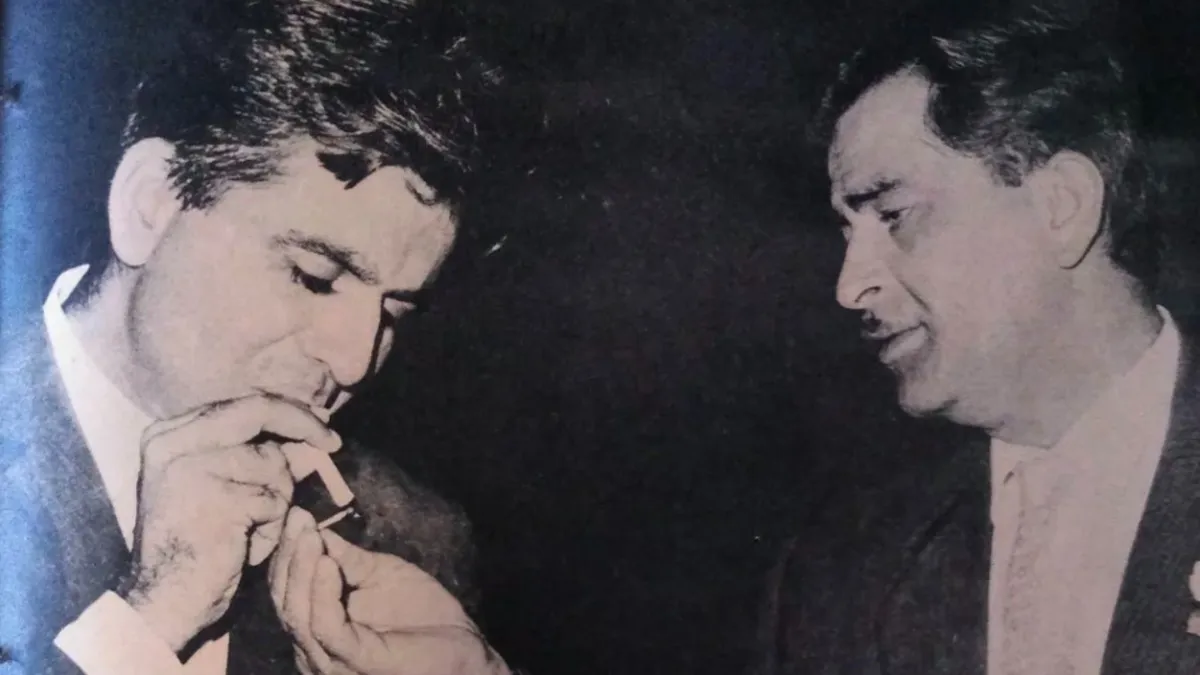- By Tanya Garg
- Tue, 29 Jul 2025 11:59 AM (IST)
- Source:JND
Dilip Kumar and Raj Kapoor are undoubtedly the titans of Indian cinema. In Pakistan's Peshawar city, the restoration and repair of the ancestral homes of these cinematic legends got formally underway on Monday. The Khyber Pakhtunkhwa government released Rs 70 million for the project's fund. It involves restoring the historic homes' structural integrity and aesthetic appeal.
Dilip Kumar and Raj Kapoor's houses' restoration work should be finished in the next two years, as per the officials. It is the responsibility of the Directorate of Archaeology and Museums to restore the houses to their original configuration while meticulously conserving the architecture that exhibits colonial influences from the early 20th century. "The project’s goal is to preserve our province’s historical and cultural identity while also encouraging heritage tourism," he said as quoted by PTI.
ALSO READ - Dilip Kumar To Raj Kapoor Actors Who Ruled Hearts During India’s Freedom In Bollywood
On July 13, 2014, the residences of Dilip Kumar and Raj Kapoor were officially recognized as national cultural landmarks by former Pakistani Prime Minister Nawaz Sharif. Since then, both moviegoers and historians have called for the preservation and respect of these properties.
What To Expect From These Heritage Museums?
Hindi cinema's greatest mainstays, Raj Kapoor and Dilip Kumar, are admired for their timeless performances, significant films, and enormous contributions to the development of Indian cinema's golden age. Upon completion, the museums will be devoted to presenting the lives, contributions, and cinematic experiences of Raj Kapoor and Dilip Kumar, two influential individuals who helped shape the heyday of Hindi cinema.
ALSO READ - Best 10 Quotes By Legendary Actor Raj Kapoor To Mark His 100th Birth Anniversary
-1753770191671.jpg)
(Image: @FilmHistoryPic/X)
Raj Kapoor passed away at the age of 63 in 1988, and Dilip Kumar passed away at the age of 98 on July 7, 2021, marking the end of his golden period

